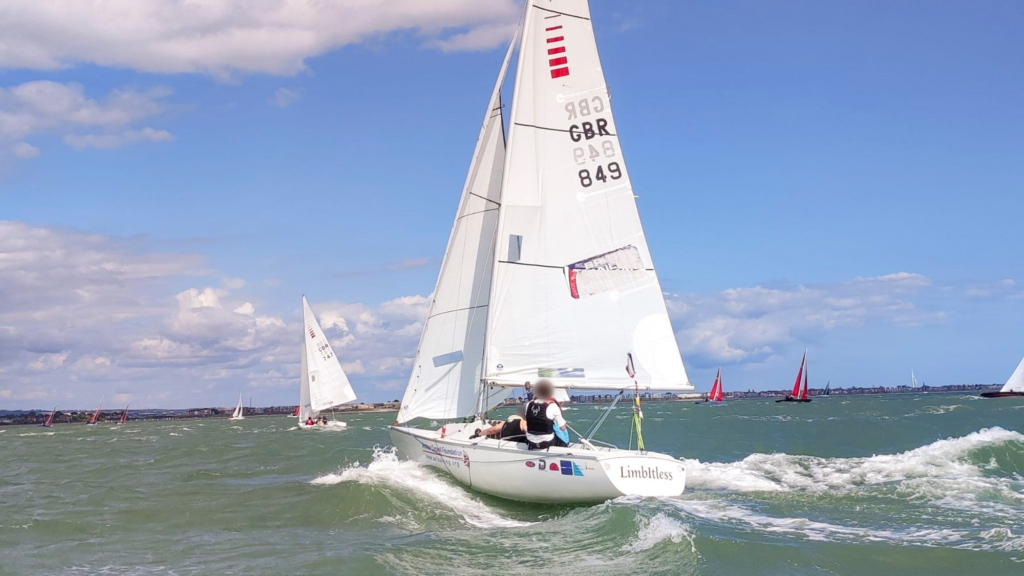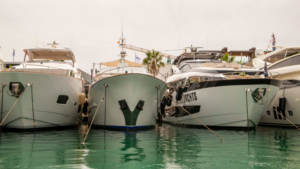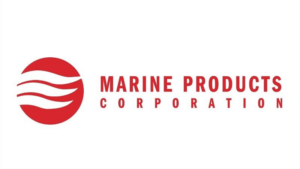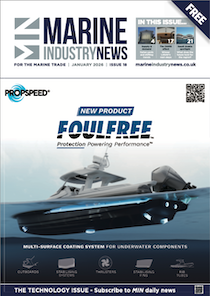Flawed safety protocols led to sailing crew fatality off Isle of Wight, MAIB reports

The Marine Accident Investigation Branch (MAIB) has published its official investigation report into the fatal accident that claimed the life of a 43-year-old crew member, Elizabeth Wood, off the Isle of Wight.
The incident occurred on 1 October 2022 when Wood fell overboard from the Andrew Cassell Foundation Sonar class keelboat, Limbltless, during a race organised by Cowes Corinthian Yacht Club.
Wood quickly succumbed to cold water immersion despite wearing a correctly fitted lifejacket and appropriate clothing. Her fellow crew members could not recover her from the water, and approximately 15 minutes later, crews from three other boats arrived on the scene to assist in her retrieval. She was unconscious when she recovered, and despite efforts by emergency services, could not be revived.
The MAIB report identifies several critical safety issues. Although Wood was properly equipped, she was unable to assist in her own recovery. The investigation found that the Andrew Cassell Foundation had no effective recovery method in place for such incidents. Risk assessments were incomplete, safety boats were not deployed and the crew lacked sufficient training for person-overboard recovery.
The Andrew Cassell Foundation, which enables disabled sailors to race alongside non-disabled crew in an inclusive environment, was found to have insufficient safety protocols for the recovery of a person from the water.
MAIB chief inspector Andrew Moll OBE comments: “Any boating activity carries the risk of a person falling in the water. It is important that skippers and event organisers conduct an appropriate assessment to determine the level of assistance that might be required, such as equipment, personnel or support craft, to ensure the timely recovery of a person from the water. Additionally, vessel crews must be practised in the recovery of people from the water and be familiar with their rescue equipment.
“Not every event or outing requires bespoke equipment but it may be necessary, especially when sailing with people whose ability to assist with their own recovery might be impaired. All skippers should consider how they and their crew will recover an unconscious person from the water in a timely manner and ensure they and their crew practise thoroughly for such an event.”
The report makes two key safety recommendations. First, the Maritime Coastguard Agency (MCA) should review the definition of ‘pleasure vessel’ to exclude vessels operated by charities or organisations carrying vulnerable passengers. Secondly, local authorities are encouraged to review and oversee charitable waterborne activity within their jurisdictions.
MIN regularly reports on MAIB’s marine accident conclusions. Further details about the Limbltless accident are available to read and download online.












